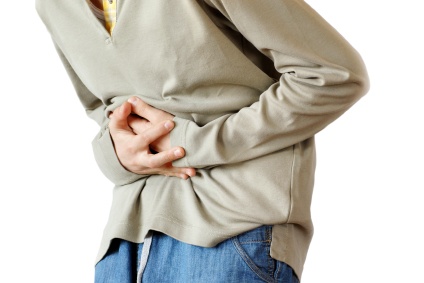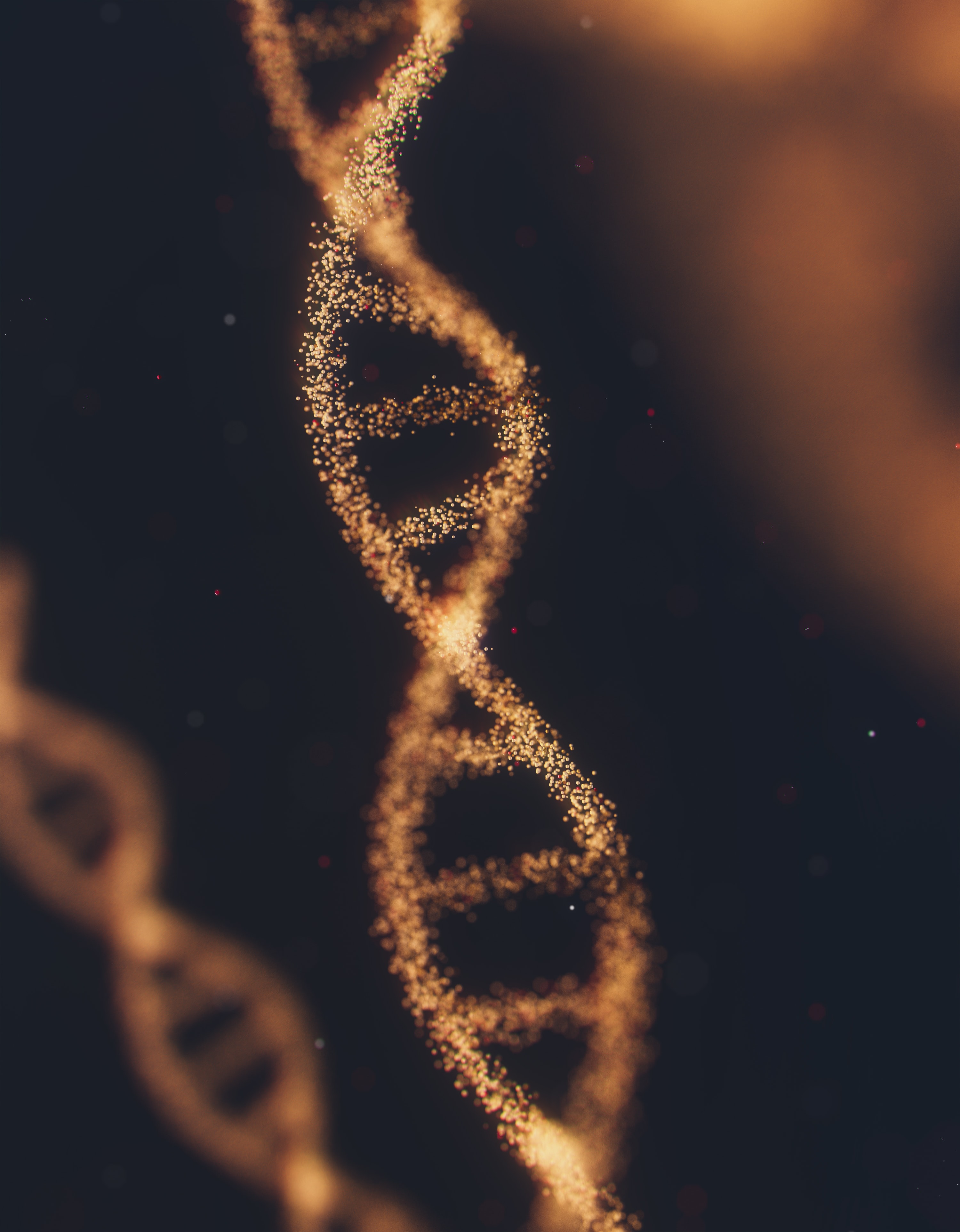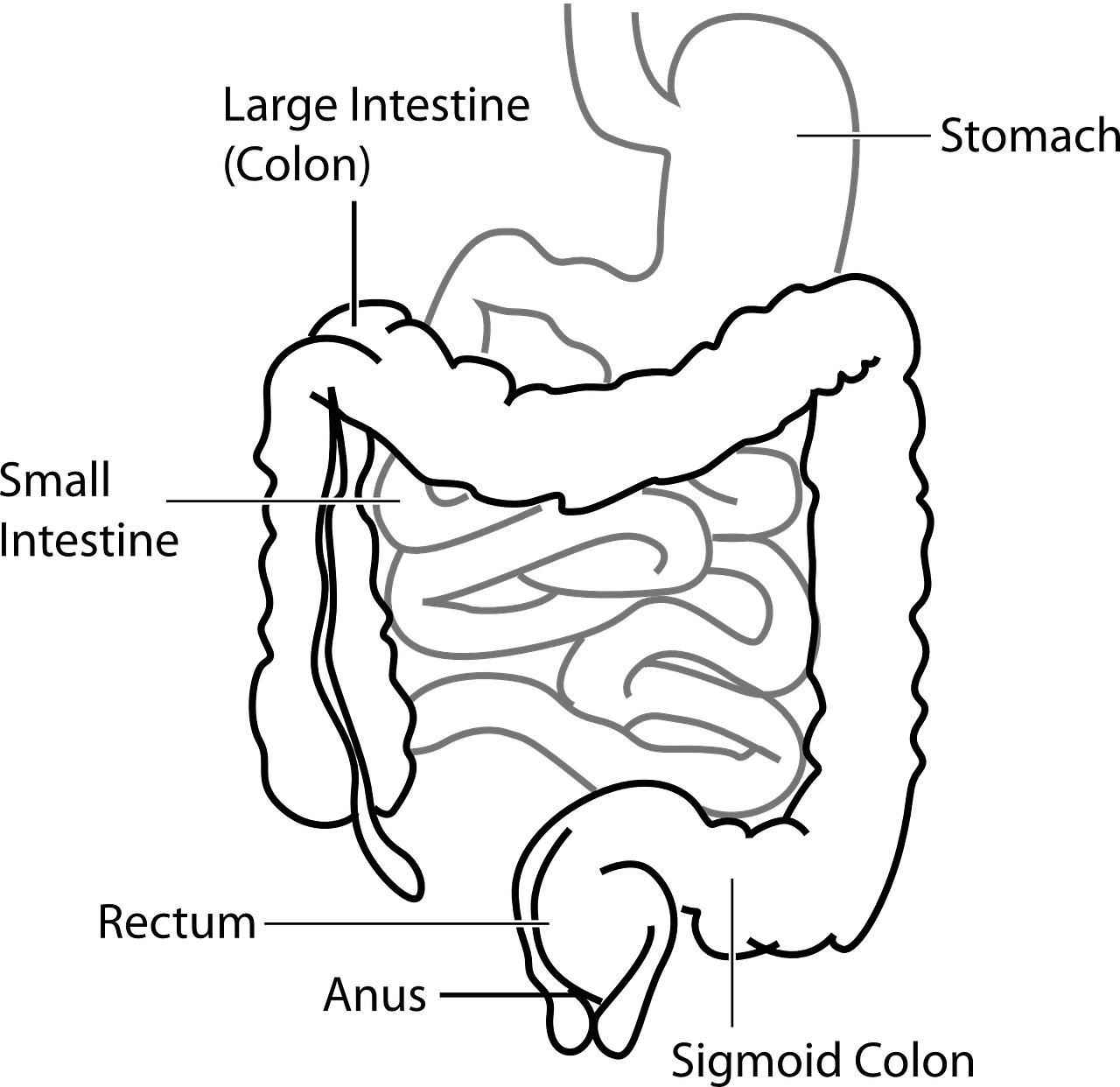Most of us try to eat healthy, but it can be a struggle—even having the knowledge of what is good and bad, I still give into temptation now and then. We have to remember though that our bodies react the same regardless of how special the occasion is. When we eat foods that don't provide the right nutrition or have a negative impact on our health we have to deal with the consequences.
But did you know that even a "perfect diet" might not provide the nutrition your body needs? The main reason this occurs is from digestive malabsorption.  Malabsorption by definition prevents the nutrients in your food from getting where it needs to go in your body. This can lead to a wide range of symptoms including fatigue, depression, aches and pains, and more. Left untreated, digestive malabsorption can lead to chronic illnesses and a general decline in health and well being.
Malabsorption by definition prevents the nutrients in your food from getting where it needs to go in your body. This can lead to a wide range of symptoms including fatigue, depression, aches and pains, and more. Left untreated, digestive malabsorption can lead to chronic illnesses and a general decline in health and well being.
So how do you know if you have malabsorption?
Understanding the Causes of Digestive Malabsorption
Digestive malabsorption isn't a specific condition, but consequence of your body's digestive system being out of balance in some way. Infections, surgeries, leaky gut, SIBO and other dysbiosis, poor diet, genetic and autoimmune disorders like Celiac's disease can all be causes of digestive malabsorption. Malabsorption itself can take on different forms and prevent or inhibit the uptake of different nutrients depending on the underlying digestive problem(s). So back to the question of how do you know if you have malabsorption? One simple way is to ask yourself if you have any of the above and also do a simple assessment of your digestion.
You can even take this simple digestive system quiz to get a better idea.
Whatever the cause of your digestive malabsorption, the result is that some of the nutrients your body needs don't make it out of your gut and into your bloodstream. This is important because if they don't enter your blood they pass right through. That's like going to the grocery store, buying a bunch of groceries and then dumping them into the dumpster.
What is supposed to happen in a healthy digestive system is that nutrients from the food you eat pass through the wall of the small intestine into your bloodstream. From here they are delivered to the cells in your body where they are needed. With malabsorption, those nutrients are blocked from passing into the blood and essentially are trapped in your intestine instead.
So what can you do about it?
Restoring digestive health, of course, will start with identifying the underlying cause of your malabsorption. This starts with making dietary, behavioral, and/or medicinal association with your digestion. You may need blood tests, imaging or just a through medical exam. Once identified and treated recovery from digestive malabsorption can take some time, though. Largely because the nutrients your body needs to get healthy aren't being absorbed in the first place. In other words, because nutrients aren't getting where they need to go in your body, your body has a harder time fixing its nutrient absorption problem. This is a common problem we see with newly diagnosed Celiac's and other digestive problems.
Fortunately, there's a simple way to get you the nutrients you need and speed up your return to a healthy digestive system and a healthy body.
IV Nutrient Therapy Speeds Digestive Malabsorption Recovery
When your body has trouble getting the nutrients from your digestive tract to the rest of your body, parenteral nutrition is the best option. Parenteral refers to delivery methods that bypass the digestive tract. Bypassing the intestines and putting the nutrients straight into your bloodstream ensures they'll get where they need to go, and makes it easier for your body to repair the problems causing your digestive malabsorption.
IV nutrient therapy is a simple outpatient procedure that can have immediate improvements to your health, and can put a stop to chronic problems caused by digestive malabsorption. To learn more, or to schedule an appointment, please contact our office today.
 "My weight was getting so out of control. I started their weigh loss diet program and lost 32 lbs! I have been able to reduce my blood pressure medicine, fit back in my clothes, have tons more energy... Now I am back to eating and my desire for foods has changes drastically. Saved my life!!!
"My weight was getting so out of control. I started their weigh loss diet program and lost 32 lbs! I have been able to reduce my blood pressure medicine, fit back in my clothes, have tons more energy... Now I am back to eating and my desire for foods has changes drastically. Saved my life!!!
 "Dr. Cline and Dr. Terranella have been amazing! For the first time we found doctors that actually listen. They care about how your feeling and try everything they can to get you back to a normal state. I am in love with these guys! If you want amazing care, see these guys."
"Dr. Cline and Dr. Terranella have been amazing! For the first time we found doctors that actually listen. They care about how your feeling and try everything they can to get you back to a normal state. I am in love with these guys! If you want amazing care, see these guys."





 Malabsorption
Malabsorption









